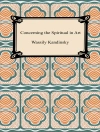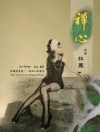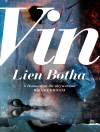This book investigates baroque architecture through the lens of San Gennaro’s miraculously liquefying blood in Naples. This vantage point allows a bracing and thoroughly original rethink of the power of baroque relics and reliquaries. It shows how a focus on miracles produces original interpretations of architecture, sanctity and place which will engage architectural historians everywhere. The matter of the baroque miracle extends into a rigorous engagement with natural history, telluric philosophy, new materialism, theory and philosophy. The study will transform our understanding of baroque art and architecture, sanctity and Naples. Bristling with new archival materials and historical insights, this study lifts the baroque from its previous marginalisation to engage fiercely with materiality and potentiality and thus unleash baroque art and architecture as productive and transformational.
Table des matières
Introduction: Openings
Prologue: The Analogous Relic
1. The Matter of Miracles: San Gennaro’s Blood and the Treasury Chapel
2. Blood, Bronze, Vesuvius: Material Transformations
3. Miraculous Witness: Exclusive affects
4. The Machinic Chapel and the Production of Protectors
5. From Prayer to Presence
6. Niche and Saints: Folding the Wall
7. Saints on the Move and the Choreography of Sanctity
8. Holiness and History: Relics and Gender
9. Heads and Bones: Face to face
10. Silver Saints: Between Transformation and Transaction
Conclusion: The Miraculous Chance
Bibliography
A propos de l’auteur
Dorothy C. Rowe is Senior Lecturer in History of Art at the University of Bristol












